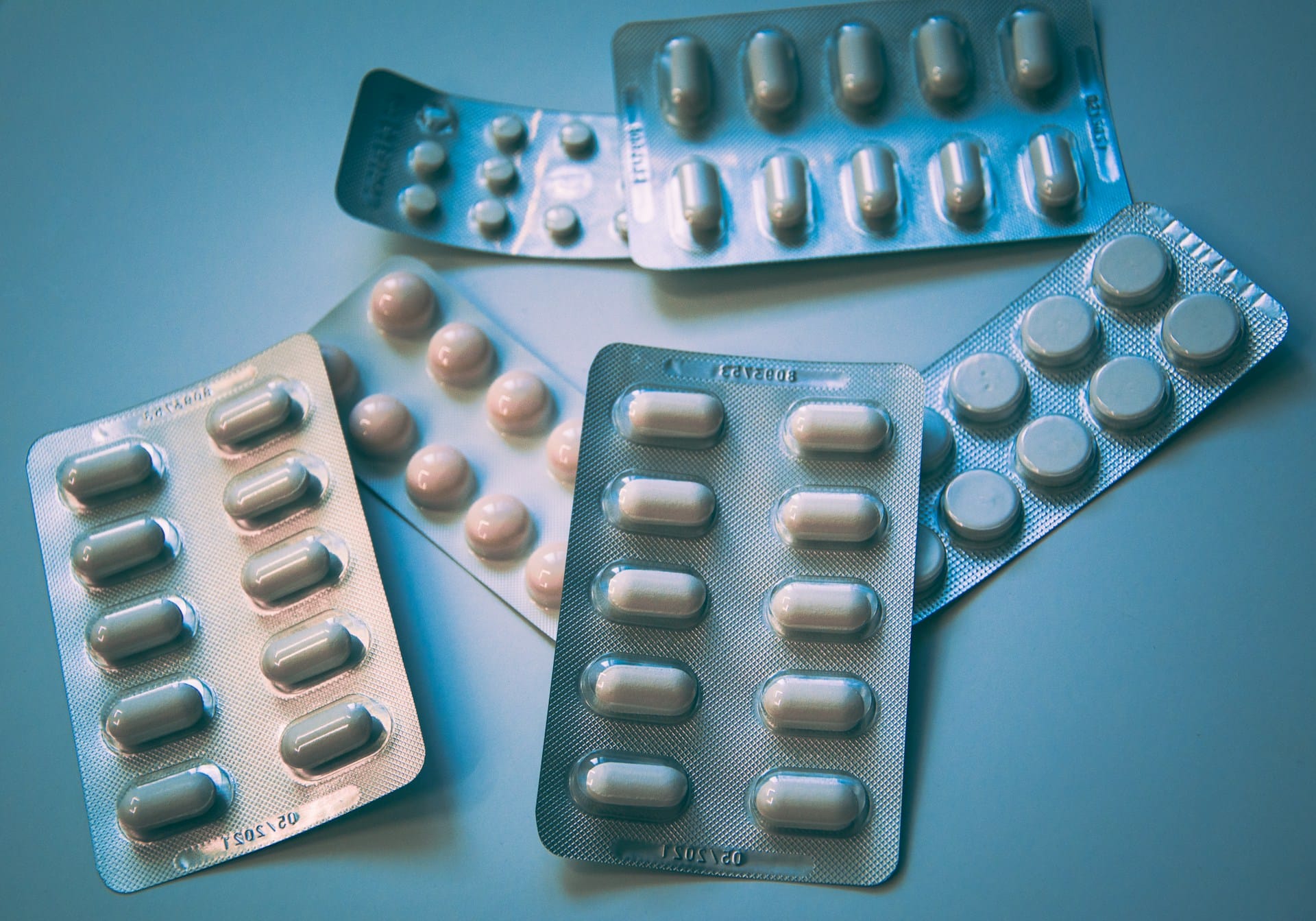How Can an Anti-Inflammatory Diet Impact Recovery Post-Sports Injuries?

Regardless of whether you’re a professional athlete or a fitness enthusiast, the potential for sports-related injuries is always a reality. When the inevitable happens, it’s crucial to adapt your recovery strategy to help speed up the healing process. In addition to rest and rehabilitation, your diet plays a significant role in helping your body recover. The focus of this article will be on how an anti-inflammatory diet can affect recovery post-sports injuries.
The Connection between Diet and Recovery
It’s no secret that nutrition has a profound impact on how our bodies function. What you eat can either promote or hinder your body’s ability to recover from an injury. The right nutrients can help reduce inflammation, increase protein synthesis, and enhance muscle recovery, while the wrong foods can exacerbate inflammation and slow down the healing process.
Avez-vous vu cela : Does Urban Environment Affect the Prevalence of Vitamin D Deficiency?
Inflammatory responses are a natural and necessary part of the body’s healing process. However, chronic inflammation can impede recovery and lead to longer recovery times. This is where an anti-inflammatory diet comes into play. By eating foods that are rich in anti-inflammatory properties, you can help your body maintain a healthy balance of inflammation and speed up recovery.
The Role of Protein in Muscle Recovery
The relationship between protein intake and muscle recovery is well-documented. Protein is essential for muscle repair and growth, and it plays a significant role in reducing muscle soreness post-exercise. High-quality protein sources, such as lean meats and dairy, contain the essential amino acid leucine, which is crucial for muscle protein synthesis.
A lire en complément : Are There Specific Yoga Poses That Improve Digestive Health in Individuals with Crohn’s Disease?
However, it’s crucial to understand that not all protein sources are created equal. Some proteins, like red and processed meats, can actually increase inflammation in the body, which can hinder recovery. Thus, it’s essential to focus on high-quality, anti-inflammatory protein sources, such as lean meats, fish, eggs, and plant-based proteins like legumes and nuts.
Anti-Inflammatory Foods to Incorporate in Your Diet
Incorporating anti-inflammatory foods into your diet is an effective way to aid recovery. Foods high in Omega-3 fatty acids, such as salmon, mackerel, and chia seeds, have been shown to reduce inflammation. Other foods rich in antioxidants and polyphenols, such as berries, dark chocolate, and green tea, can also help combat inflammation.
Vitamin-C-rich foods, such as oranges and strawberries, can also aid in recovery. Vitamin C helps with collagen synthesis, a protein that helps repair tissues. Vitamin E, found in nuts and seeds, has antioxidant properties which can help in reducing inflammation.
Moreover, incorporating spices like turmeric and ginger, known for their potent anti-inflammatory properties, into your meals can also contribute to a more speedy recovery.
The Importance of Hydration and Exercise in Recovery
While diet plays a significant role, it’s important not to disregard the importance of hydration and exercise in recovery. Drinking plenty of fluids can help flush out toxins that can contribute to inflammation. Moreover, staying hydrated aids in nutrient transportation and absorption, essential for recovery.
When it comes to exercise, the relationship with recovery seems paradoxical. While excessive exercise can lead to injuries, regular, moderate exercise can actually help reduce inflammation and aid recovery. This is because exercise stimulates the production of anti-inflammatory molecules in the body.
Resistance to Change and Adapting to an Anti-Inflammatory Diet
Adopting a new diet can be challenging, especially if it requires significant changes to your current eating habits. However, the benefits of an anti-inflammatory diet go beyond just recovery. It also contributes to overall health and well-being, with potential benefits including improved heart health, reduced risk of chronic diseases, and better mental health.
To make the transition easier, it is advisable to gradually incorporate anti-inflammatory foods into your diet. Start by adding a few anti-inflammatory foods to your meals each week, and gradually increase the quantity as your body adjusts.
Remember, adopting an anti-inflammatory diet doesn’t mean you have to completely eliminate your favorite foods. It’s about creating a balanced diet that provides your body with the nutrients it needs to heal and recover effectively. Keep in mind that everyone’s body responds differently to specific foods, so it’s important to listen to your body and adjust your diet accordingly.
In conclusion, an anti-inflammatory diet can play a pivotal role in your recovery post-sports injuries. By providing your body with the right nutrients, you can speed up recovery, reduce inflammation, and get back to your active lifestyle quicker.
The Impact of Amino Acids and Omega Fatty Acids on Injury Recovery
Amino acids, the building blocks of proteins, play a vital role in muscle recovery. Following a sports injury, muscle mass is often lost due to lessened physical activity and increased muscle protein breakdown. This muscle loss can be mitigated by sufficient intake of essential amino acids, which aid in protein synthesis and muscle building.
One of the primary amino acids beneficial to exercise recovery is leucine. It enhances muscle protein synthesis, helping to repair muscle damage resulting from sports injuries. Foods rich in leucine include chicken, beef, soybeans, and lentils.
Omega fatty acids, specifically Omega-3, are another critical component of a recovery-focused diet. These fatty acids can reduce inflammation and oxidative stress in the body, factors that can impede wound healing. Foods high in Omega-3 include fatty fish like salmon, walnuts, flaxseeds, and chia seeds.
Boosting your intake of these nutrients can significantly impact your injury recovery process, aiding in the reduction of muscle soreness, enhancement of muscle repair, and improvement of immune function, all key aspects of injury recovery.
The Interplay of Nutrition, Injury, and Exercise Recovery
Nutrition is a key player in injury and exercise recovery, but it doesn’t stand alone. It intertwines with other factors such as hydration, physical activity, and adequate rest. For optimal recovery, a balance between these aspects is necessary.
Following a resistance exercise regimen, for instance, can complement your anti-inflammatory diet by stimulating muscle protein synthesis and reducing inflammation. However, it’s crucial to avoid overexertion, which can exacerbate muscle damage and slow down the recovery process.
Hydration, on the other hand, assists in flushing out toxins and supports nutrient absorption necessary for wound healing. Thus, maintaining an adequate water intake can further boost the effectiveness of your anti-inflammatory diet.
In essence, your nutrition injury recovery strategy should be a holistic one, incorporating a balanced anti-inflammatory diet, sufficient hydration, and moderate exercise.
Conclusion
Recovering from sports injuries requires a multi-faceted approach. While rest and rehabilitation are essential, your diet can significantly impact your recovery time and effectiveness. Incorporating an anti-inflammatory diet, rich in proteins, amino acids, and omega fatty acids can help reduce inflammation, promote muscle protein synthesis, and mitigate muscle loss.
In addition, the interplay of nutrition, hydration, and moderate exercise can foster a conducive environment for your body to heal. As you implement these strategies, remember that each individual’s journey to recovery is unique. Therefore, listening to your body’s specific needs and responses is paramount.
Embracing an anti-inflammatory diet post exercise is not just beneficial for injury recovery but also contributes to overall health and well-being. With time, these dietary changes can become a natural part of your lifestyle, helping you maintain an active life and bounce back quicker from any future sports injuries.
